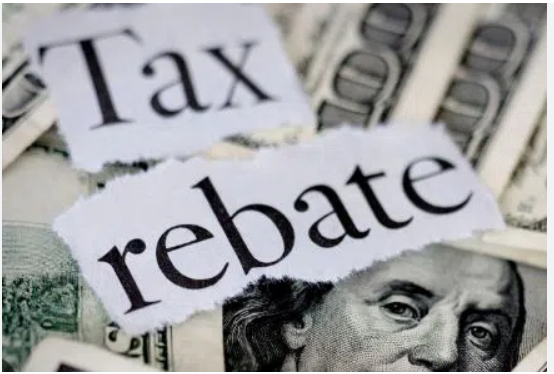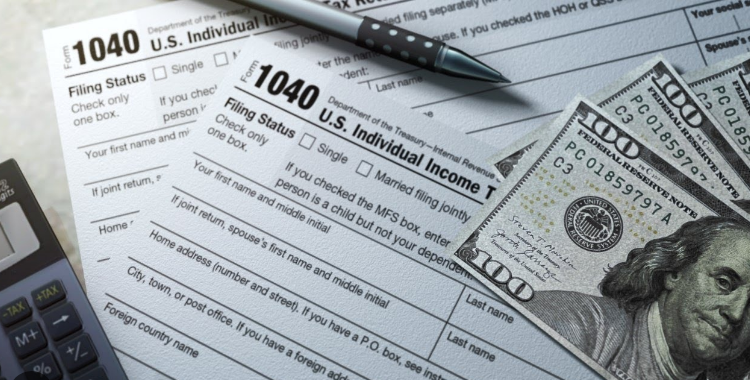A wave of shock and dismay swept over more than 2 million Minnesotans as the IRS declared that the approximately $1 billion in Minnesota state tax rebates distributed last fall would be subject to federal income taxes. Despite fervent appeals from state officials, the federal tax implications could range from $26 to $286 per person, contingent on income and the amount received.
State Department of Revenue Offers Relief Amid Federal Taxation Blow
Responding to the IRS decision, the state Department of Revenue swiftly provided rebate recipients with a form to file their federal individual income tax forms, assuring that state taxes would not apply to the refunds. The unexpected federal tax imposition not only caught taxpayers off guard but also surprised state officials, leading to urgent efforts to address the fallout.

IRS Firm on Taxing Rebates Despite State Appeals
The IRS has maintained its stance on treating rebates as federally taxable income since December. The decision, which came as a surprise to Democratic Governor Tim Walz and Minnesota’s congressional delegation, sparked immediate reactions. Despite persistent lobbying and appeals, the IRS firmly denied reconsideration, as indicated in recent letters to U.S. Representatives Pete Stauber and Angie Craig.
Origins and Controversy Surrounding Minnesota State Tax Rebates
The rebates were part of a larger tax cut plan approved in the 2023 parliamentary session, aiming to distribute a portion of the state’s estimated $17.6 billion budget surplus. Varying rebate amounts were assigned based on income criteria for individuals and married filers, including considerations for families with dependents.
Amid the controversy over the IRS decision, Republican U.S. Representative Pete Stauber attributed the situation to “careless legislative mistakes” by the Walz administration and the Democratic-controlled Legislature during the creation of the tax bill. In contrast, Governor Walz argued that Minnesota faced unjust penalties, emphasizing that the IRS did not compare its rebates to pandemic assistance provided by other states. Governor Walz had signed the rebate legislation into law on May 24, following the federal government’s termination of the COVID-19 health emergency on May 11.
As Minnesotans grapple with the unexpected federal taxes on state refunds, the situation underscores the intricate relationship between state and federal laws. The aftermath not only increases the financial burden on taxpayers but also raises broader questions about how federal decisions can significantly impact relief efforts initiated by individual states.
The controversy surrounding the Minnesota state tax rebates serves as a poignant example of the challenges posed by navigating the complex interplay between state and federal jurisdictions. The unanticipated federal tax implications have become an added layer of complexity, influencing the cost to taxpayers and prompting a closer examination of how federal choices reverberate through state-led initiatives.
Read More:
- Orangeburg County Standoff: Probation to Manslaughter Offender Faces Attempted Murder Charges
- Unveiling the Disturbing Past of Joliet Mass Shooting Suspect in Illinois: Police Records and Video Reveal a History of Violence
- Sister of Breonna Moffett, fallen Savannah soldier shares the moment she found about her death
In conclusion, the Minnesota state tax rebate debacle highlights the broader issue of federal decisions casting a shadow on state-led relief programs. The unexpected taxation brings into focus the need for clearer communication and coordination between state and federal authorities to mitigate such unforeseen consequences. As Minnesotans grapple with both state and federal tax implications, the aftermath serves as a call for more robust mechanisms to navigate the intricate web of laws governing fiscal policies at various levels of governance.

